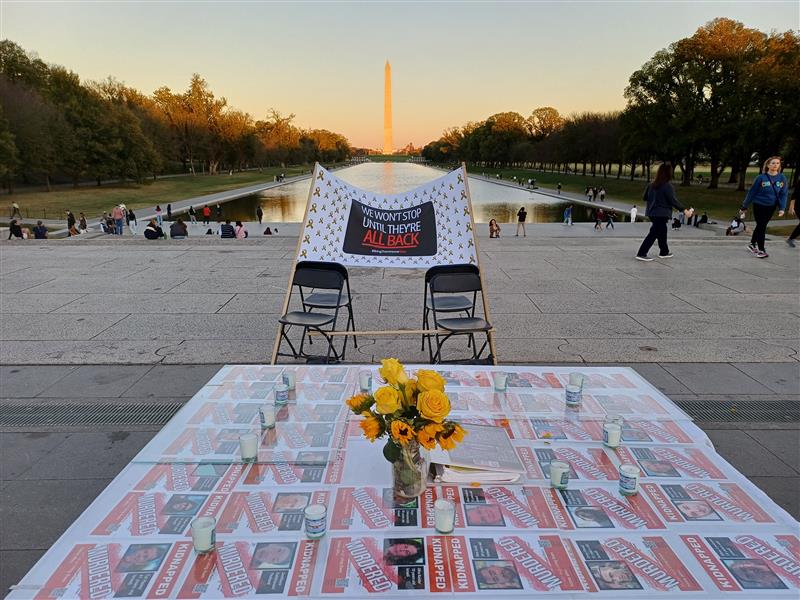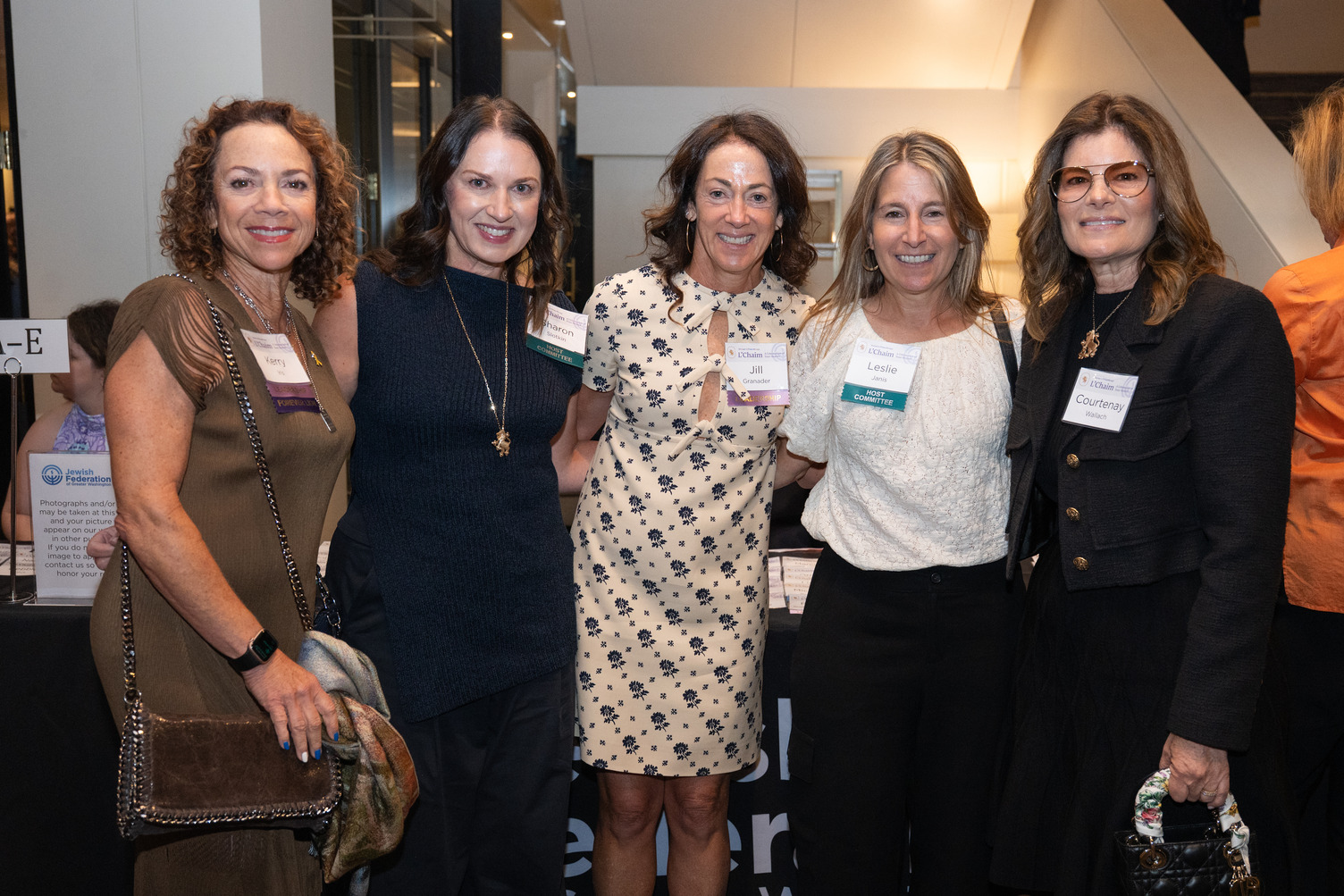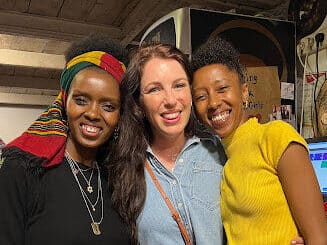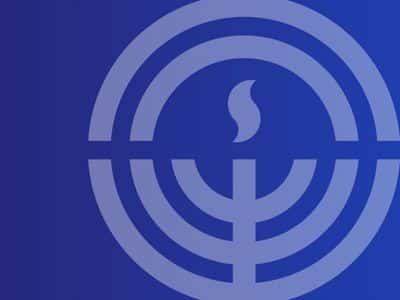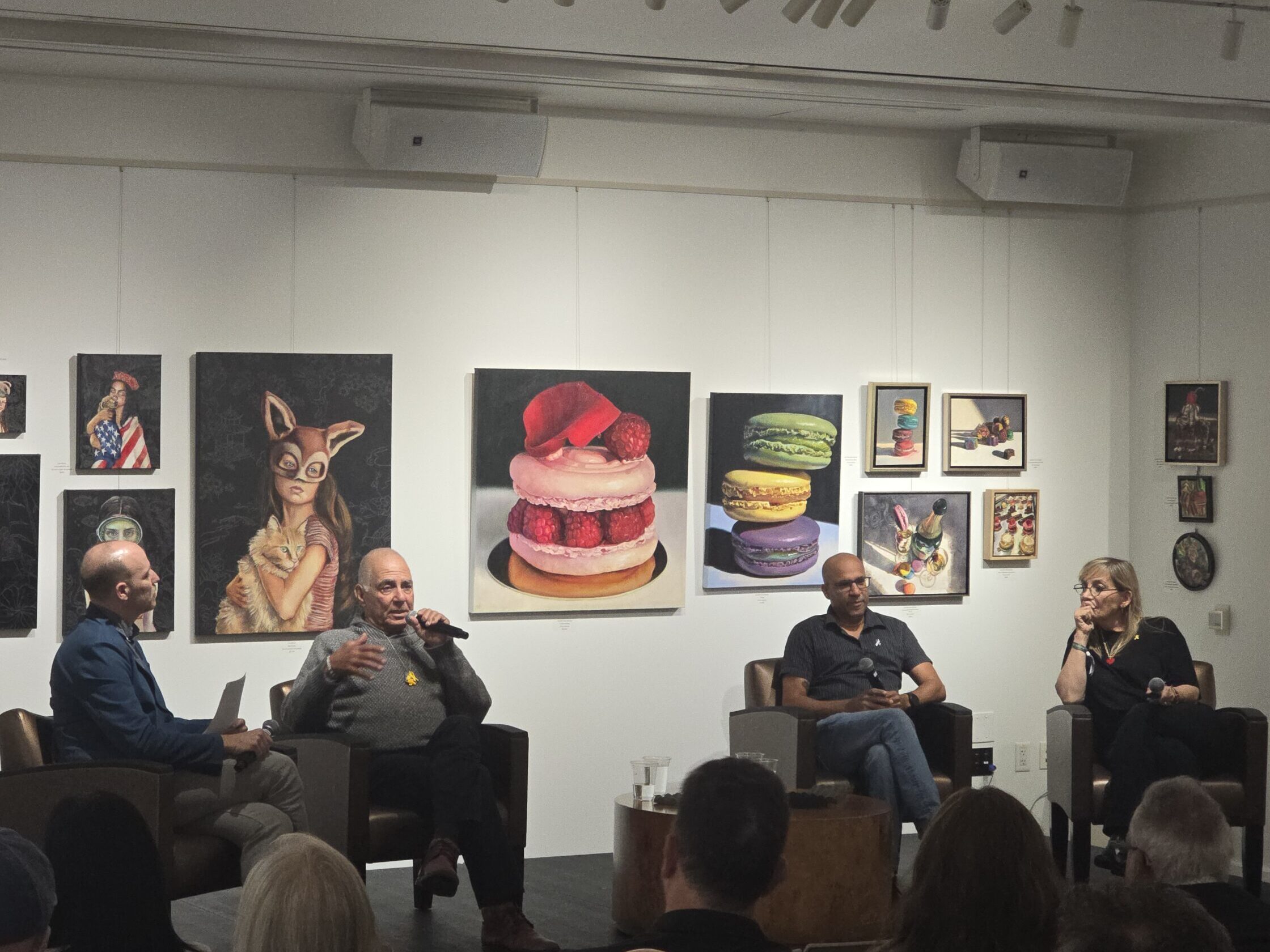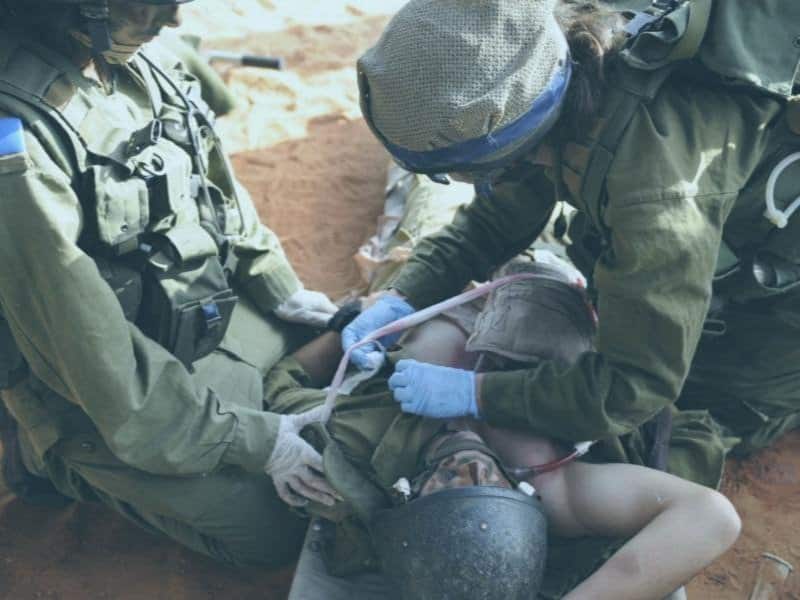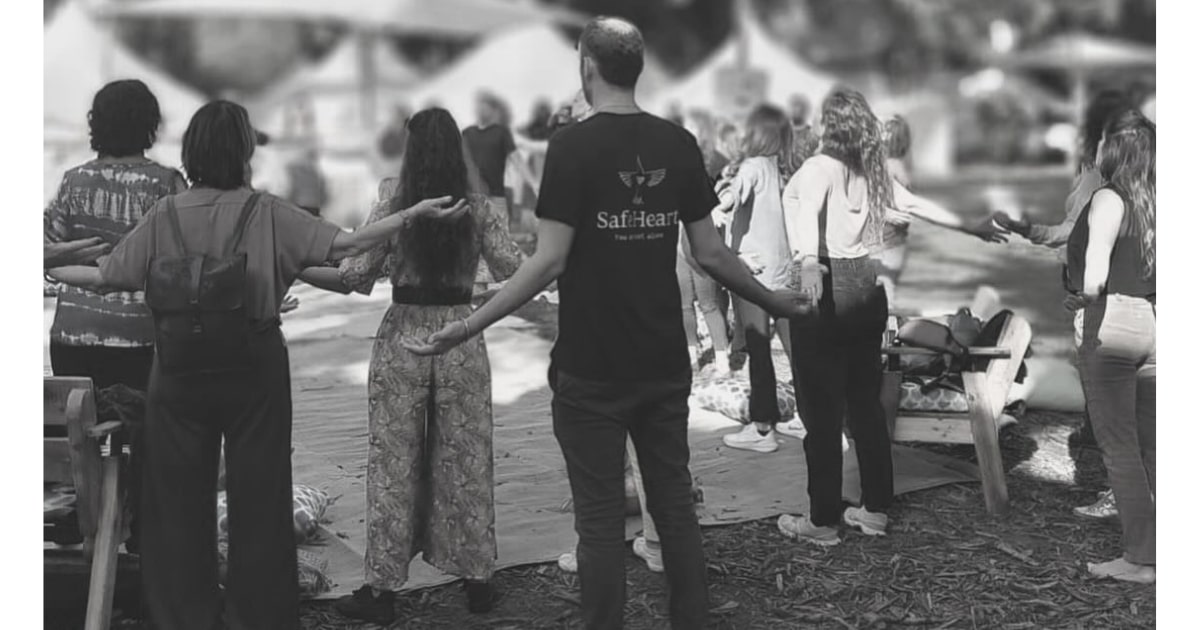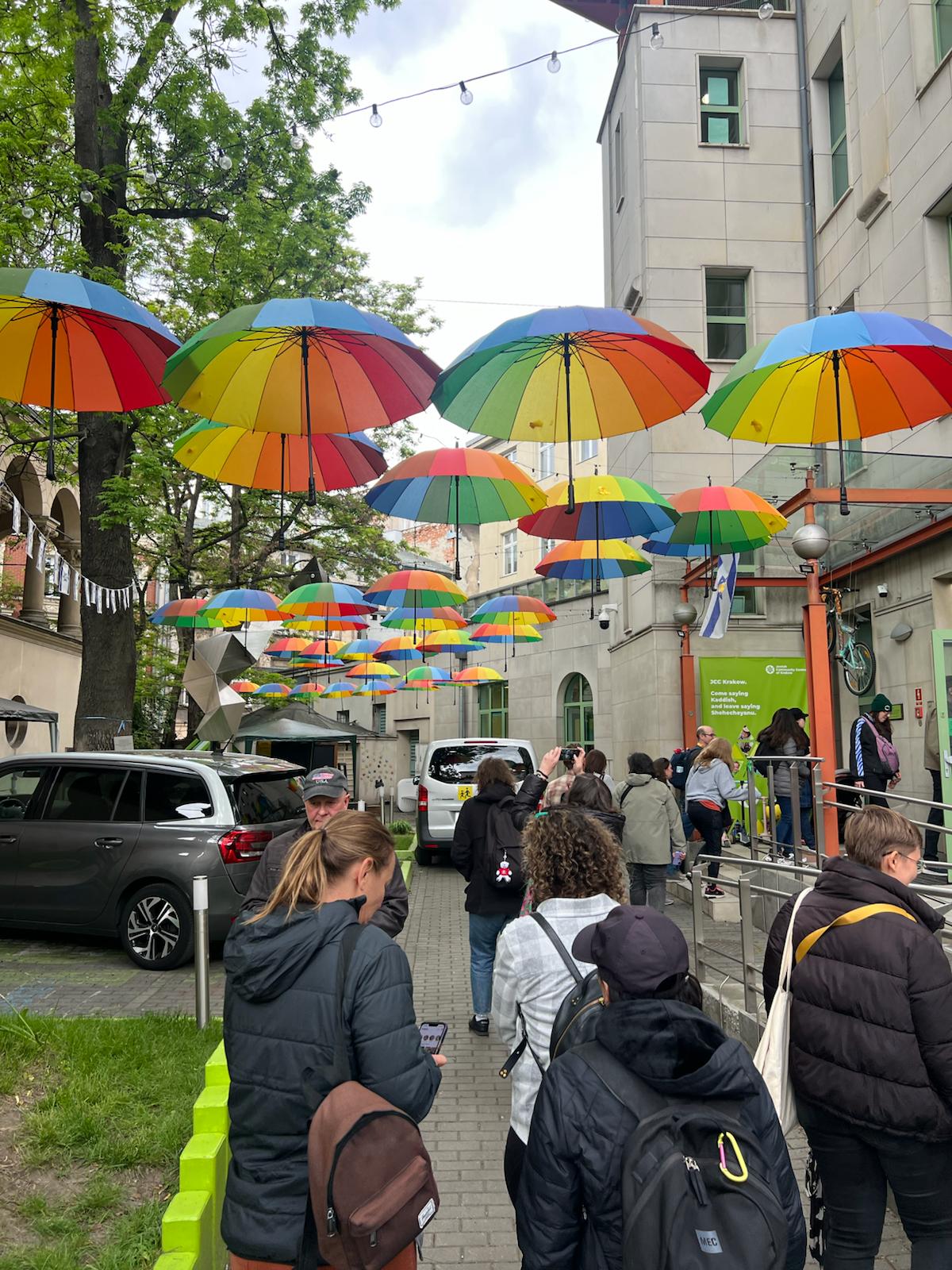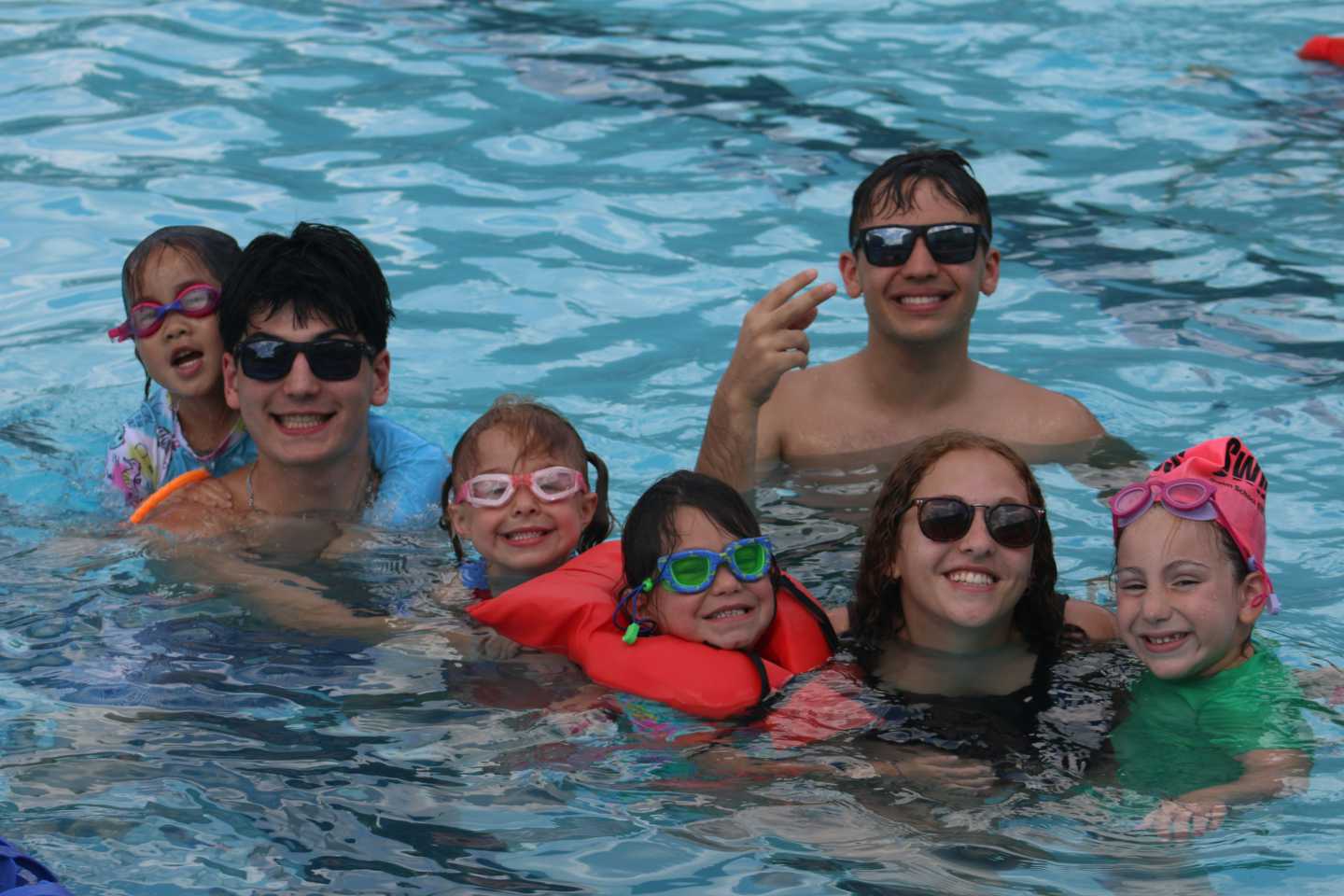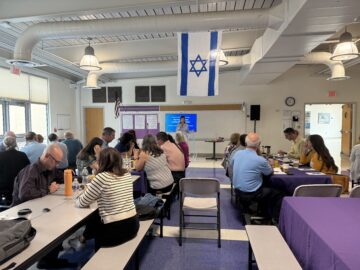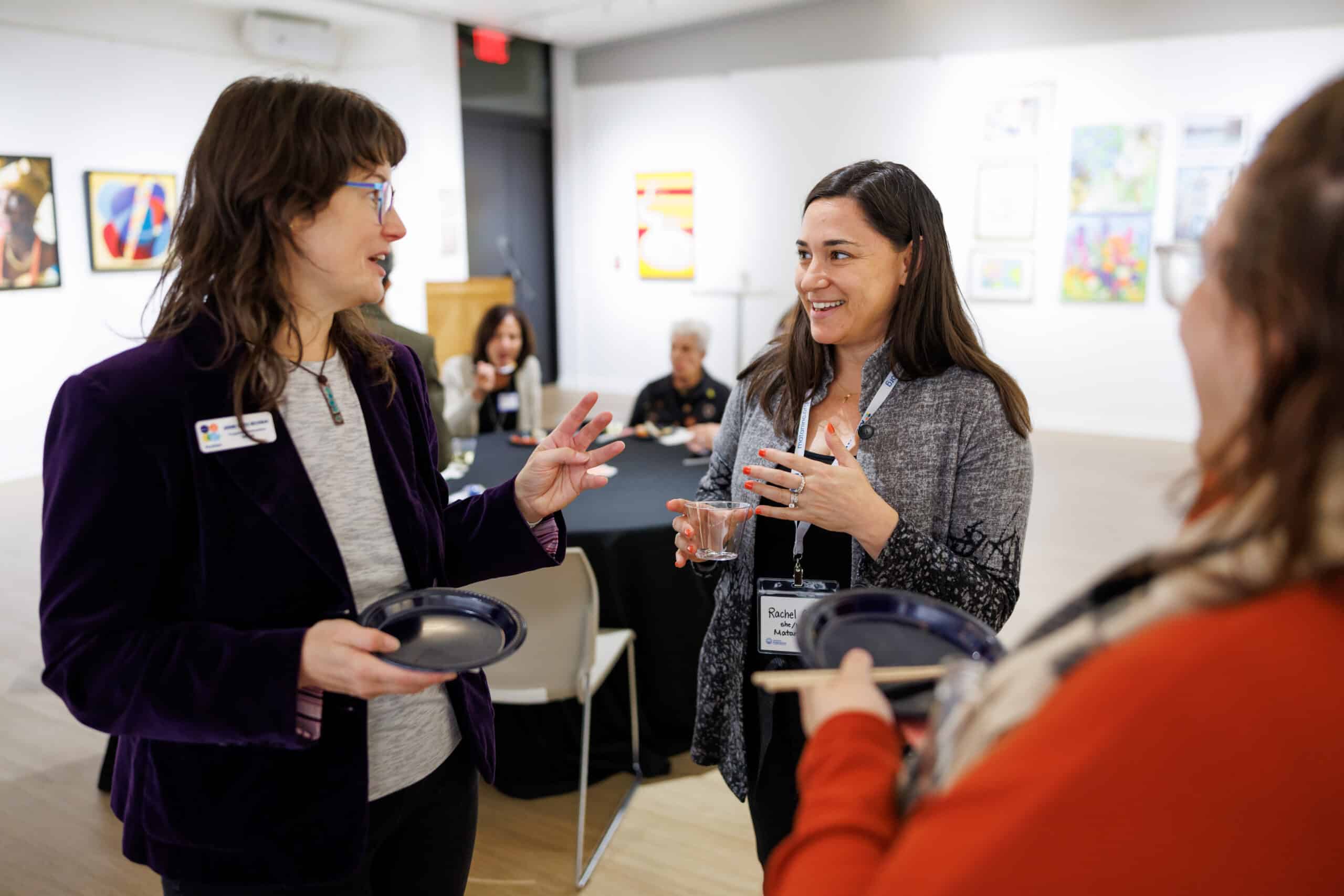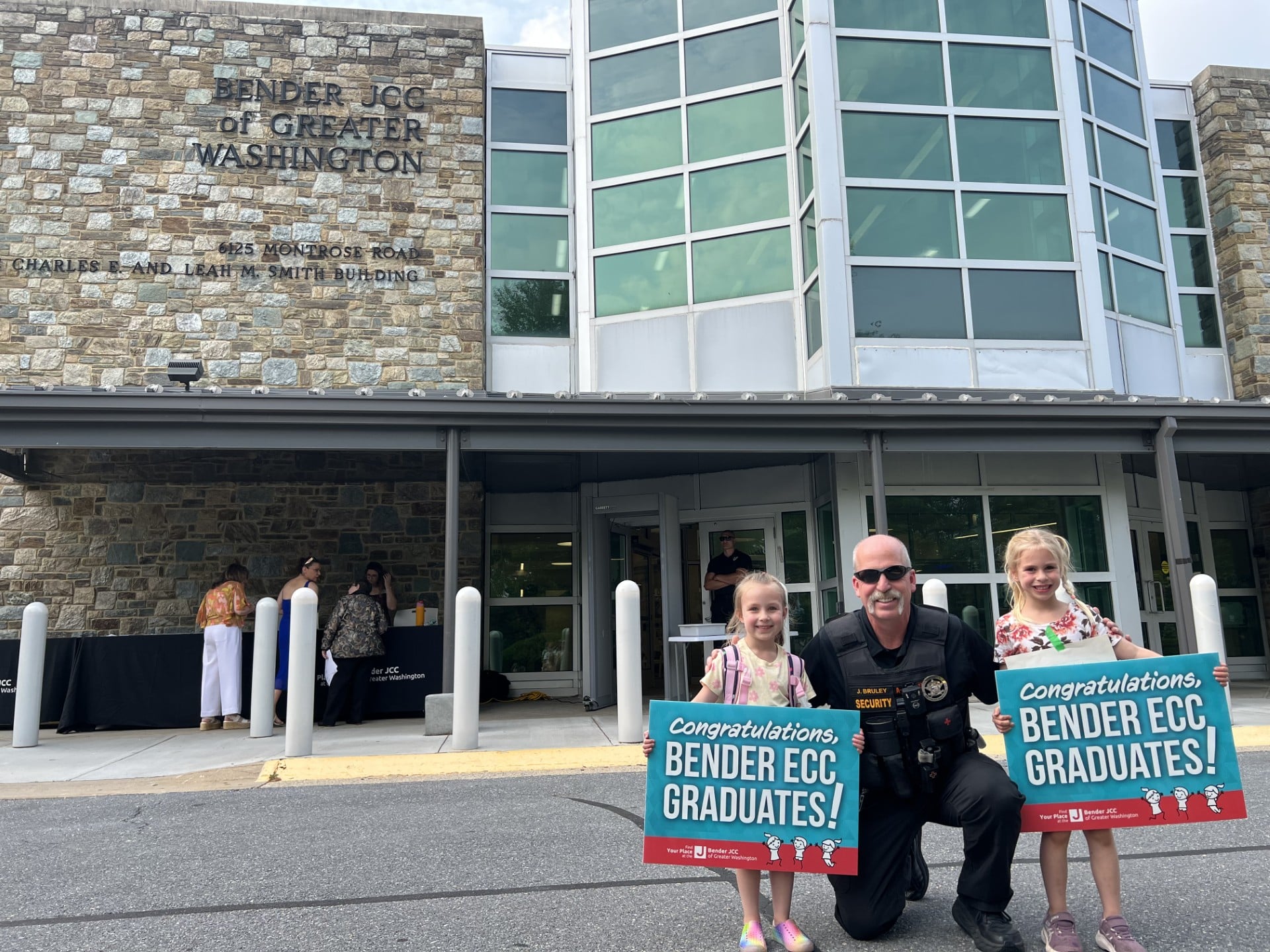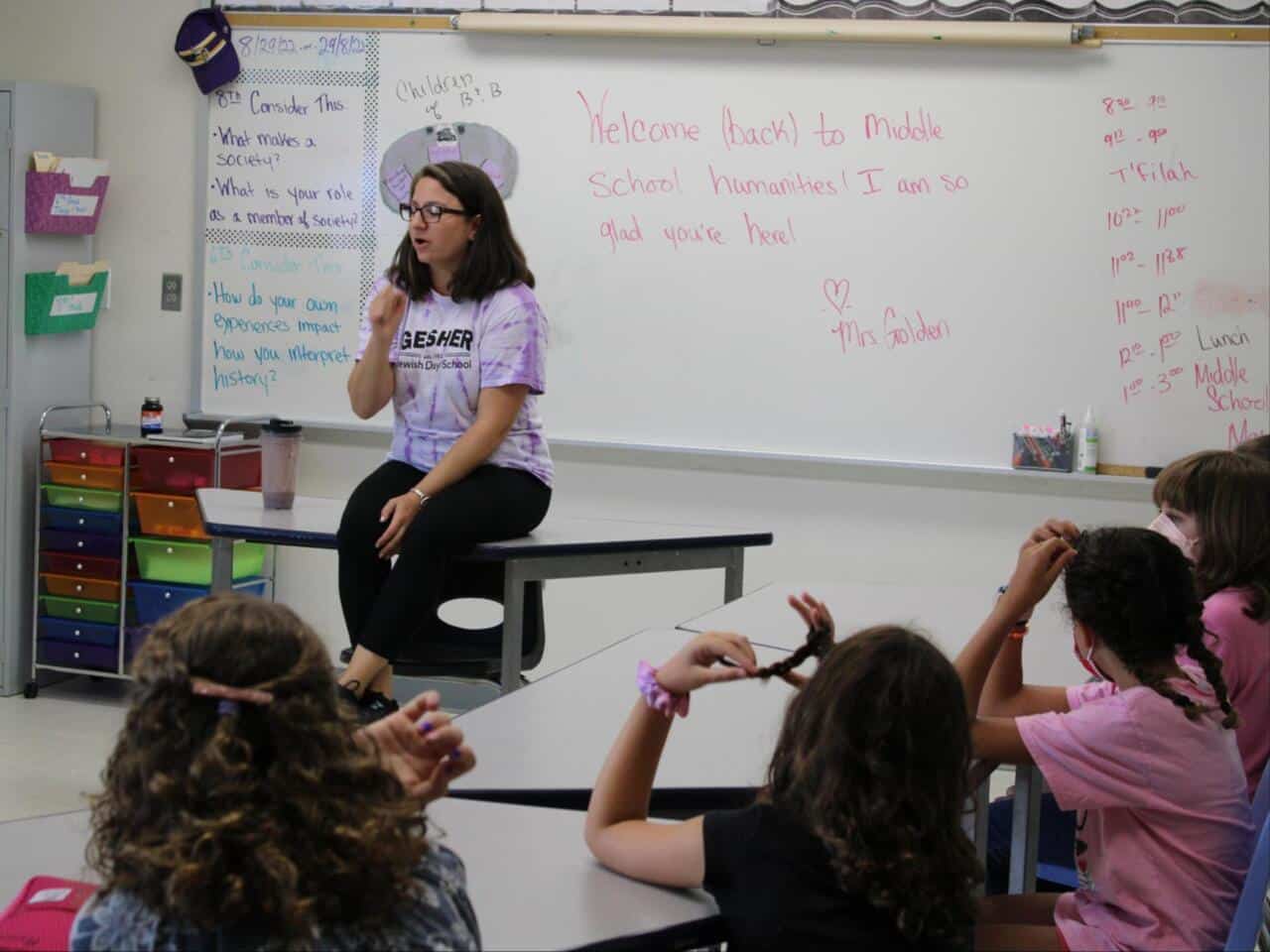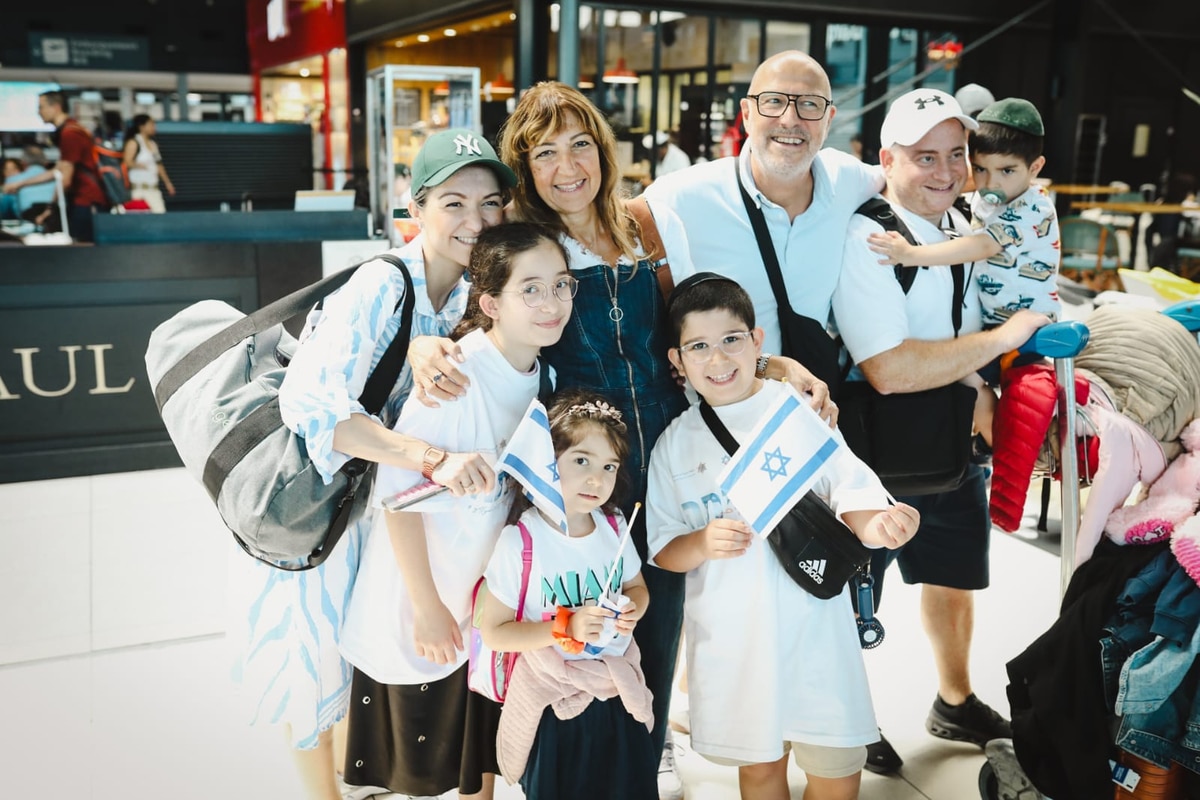Prepared, Not Scared: Why JShield Trainings Matter More
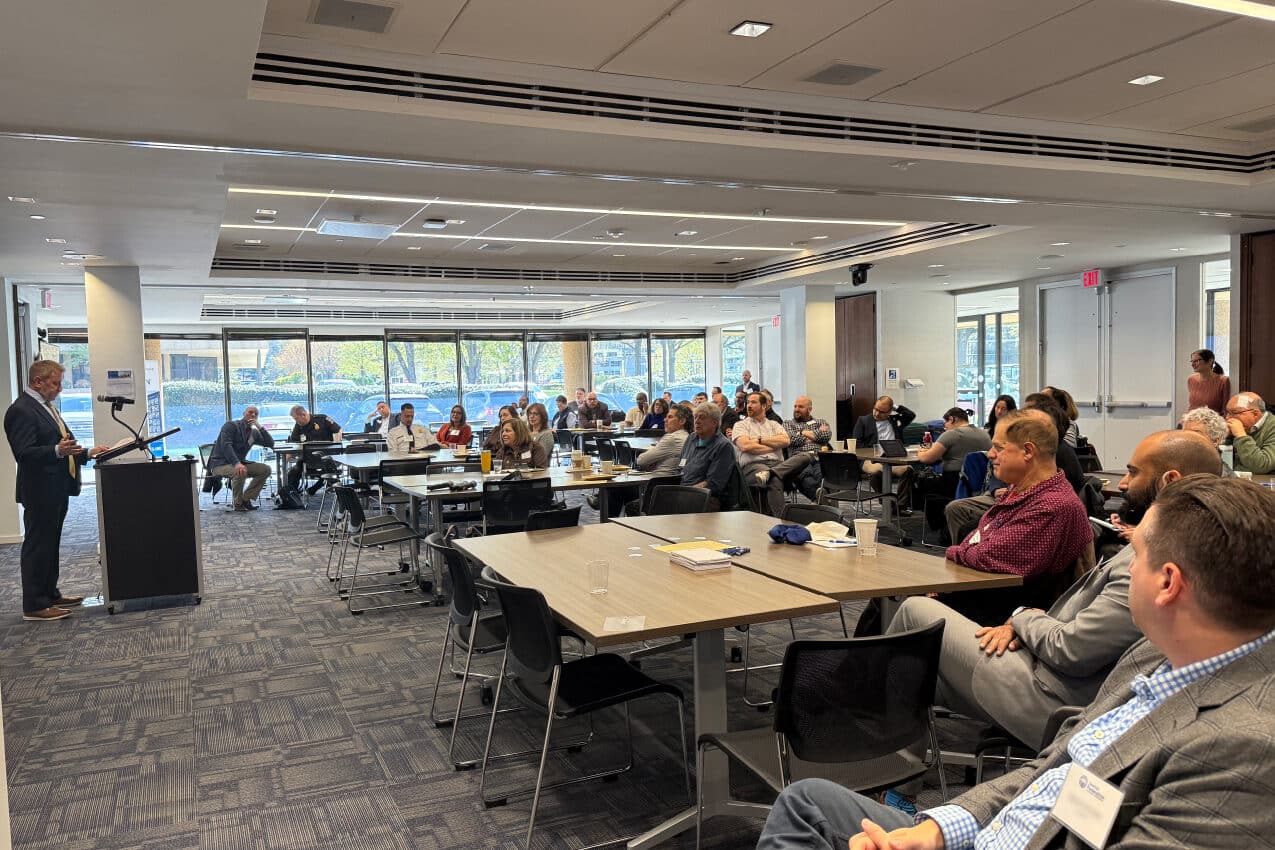
As the Jewish community of Greater Washington prepares for the High Holidays and the start of a new school year, safety and security remain a top priority. That’s why JShield—The Jewish Federation of Greater Washington’s security initiative—is once again offering community-wide trainings designed to empower participants, strengthen institutional readiness, and foster a shared sense of responsibility.
“The main reason we do the trainings around the High Holidays is because we’re aware that there are people who may be coming to synagogues or other institutions for the only time this year,” said Rusty Rosenthal, Federation’s Director of Security. “We re-emphasize situational awareness, active threat training, and the basics of how to report incidents.”
This year, the trainings will take place on:
- Sunday, August 17
6:00 PM
Fairfax, VA - Sunday, August 24
6:00 PM
North Bethesda, MD - Sunday, September 7
6:00 PM
Washington, DC
Straying one step ahead
Each year, JShield develops its content to reflect the most current intelligence and incident reporting. The sessions are designed to highlight not only trends from the past year, but also practical steps that community members can take to feel more prepared and less vulnerable.
“The goal is to take this training so that you leave with a feeling of empowerment—so that we’re not helpless and we’re not just victims of our circumstances,” said Rosenthal. “It’s imperative that we take ownership and take responsibility for our own security.”
What sets these seasonal briefings apart is their broader reach. While JShield works year-round with executive directors, heads of school, and security personnel, the High Holidays are designed to welcome everyone—especially those who might not be affiliated with a specific institution.
“By engaging with institutions, we’re not necessarily engaging with the entire Jewish community of Greater Washington,” Rosenthal explained. “That’s why we host these sessions. We want to make sure everyone has access.”
JShield encourages institutions to share these opportunities widely. For those already coordinating private trainings for their schools or synagogues, these community-wide sessions offer an accessible alternative for anyone unable to attend a site-specific program.
Staying vigilant as antisemitism rises
Planning ahead is key. “You can’t put together a security plan three days before an event,” Rosenthal emphasized. “We always recommend involving JShield and your local law enforcement early so appropriate preparations can be made.”
While the threat environment remains elevated, JShield’s message is one of vigilance—not fear. “Absent any new information, there are no directed, targeted threats we’re aware of. Institutions should remain open and celebrate collectively,” Rosenthal said. “But we must do so with awareness.”
The trainings are open to everyone in the community. The deadline to register for each session is one week prior. The first training on August 17 will also be available virtually. To learn more and to register, visit our website.

